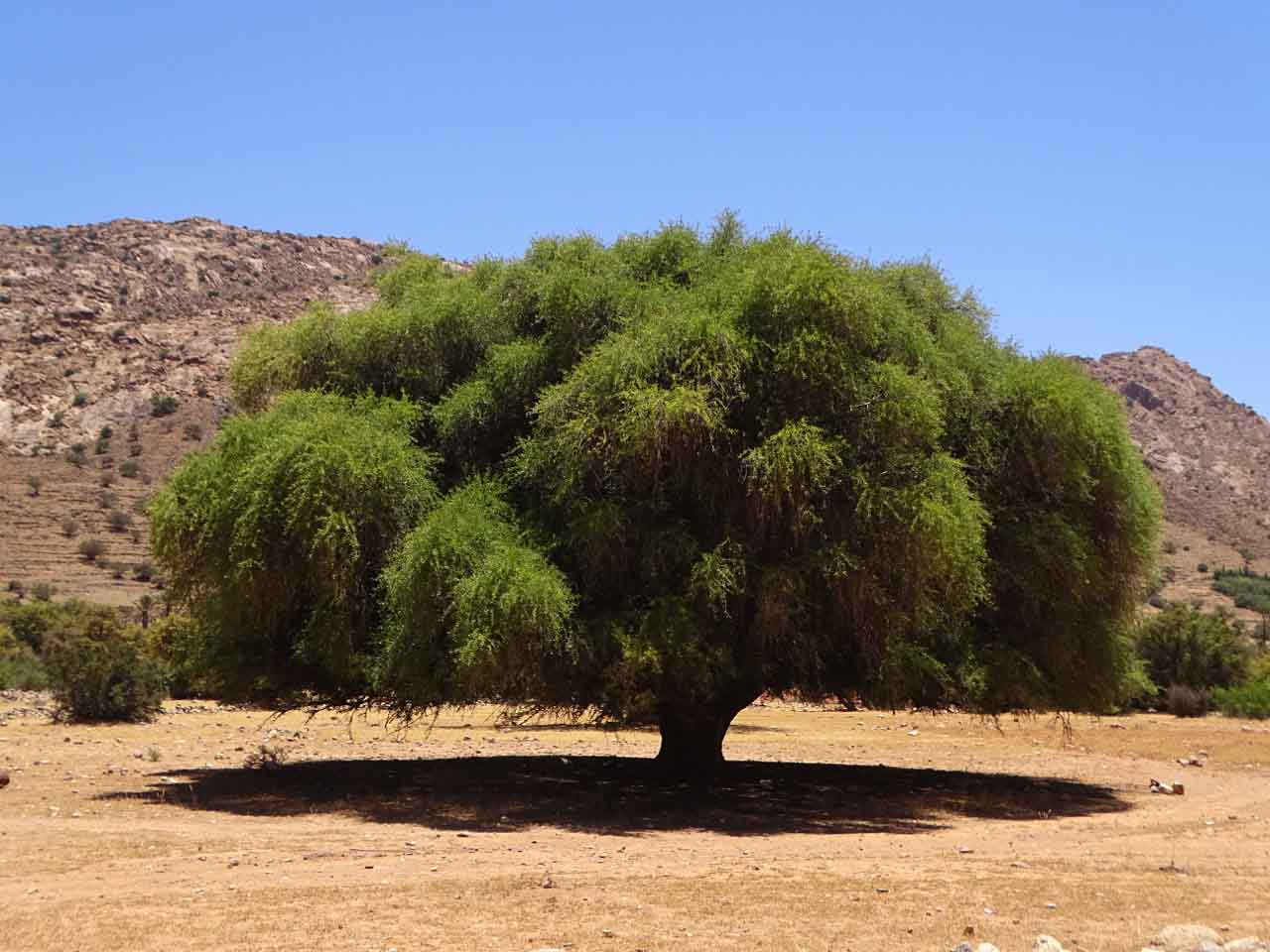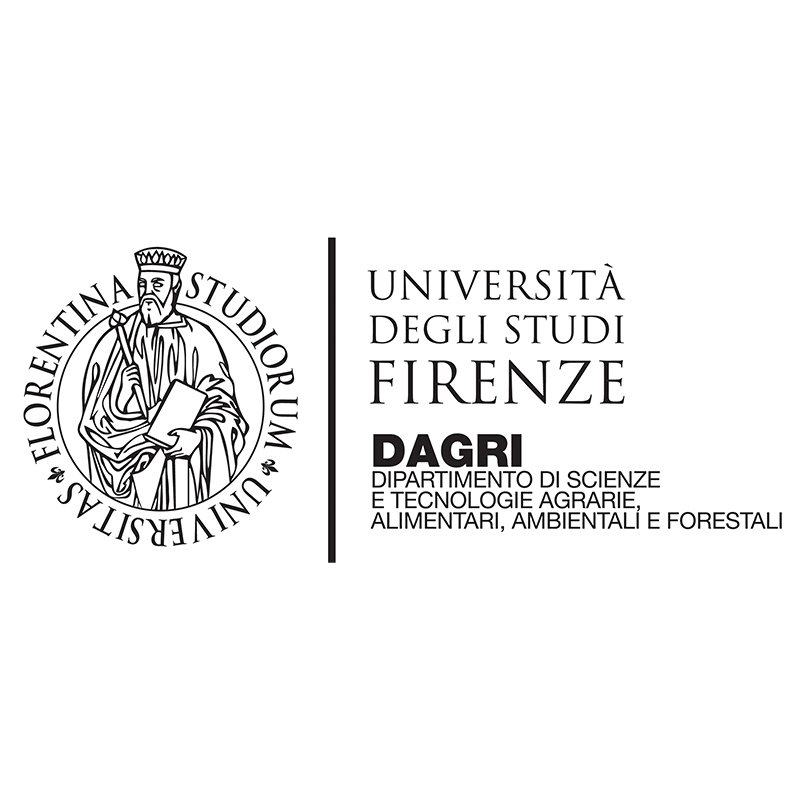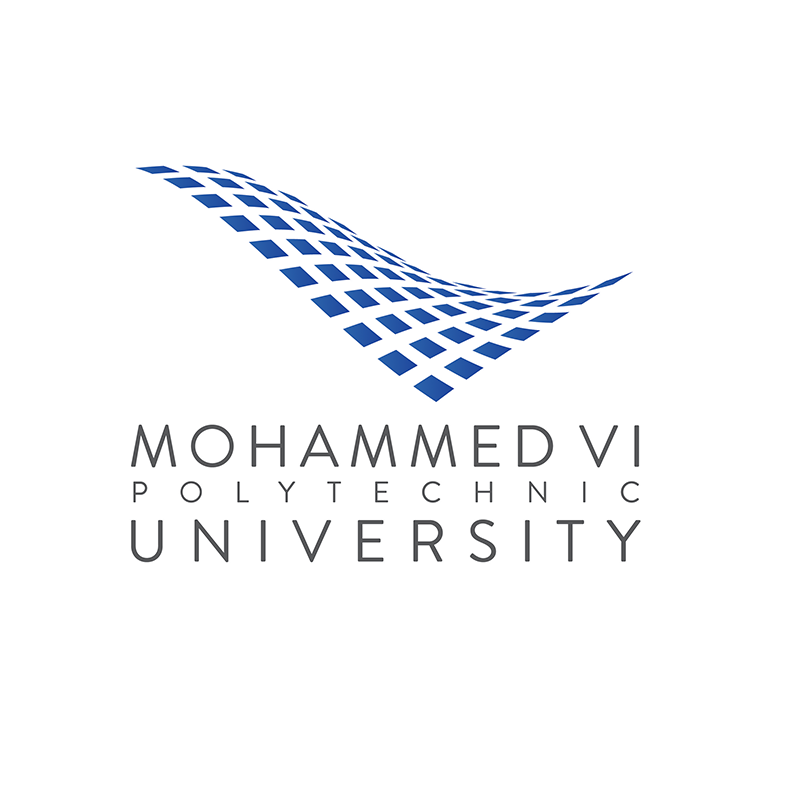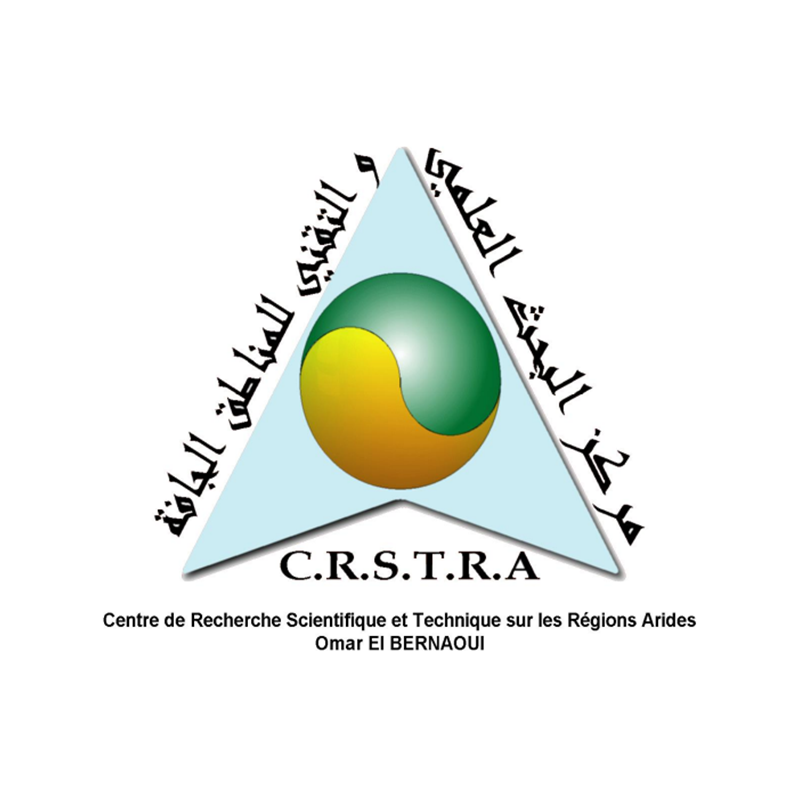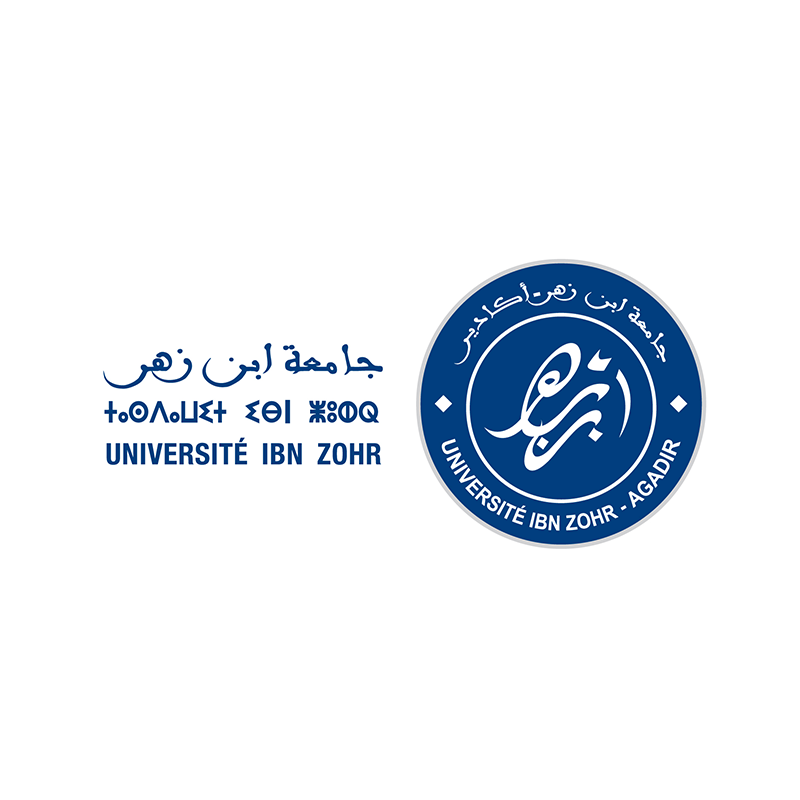In the last decade, traditional agri-food and agroforestry systems are receiving increasing attention thanks to their multifunctional role and as a valid alternative to agricultural models based on maximizing productivity. These traditional systems, developed through the centuries by local communities, actively support the livelihood of local farmers representing examples and solutions for climate change mitigation and adaptation.
Their importance is recognized by the establishment of the Globally Important Agricultural Heritage Systems (GIAHS) Programme by the Food and Agriculture Organization (FAO), whose aim is to identify and preserve these systems, with their landscape, agro-biodiversity, traditional knowledge, and associated culture, applying dynamic conservation strategies to promote sustainable development with direct and indirect benefits for the local communities.




